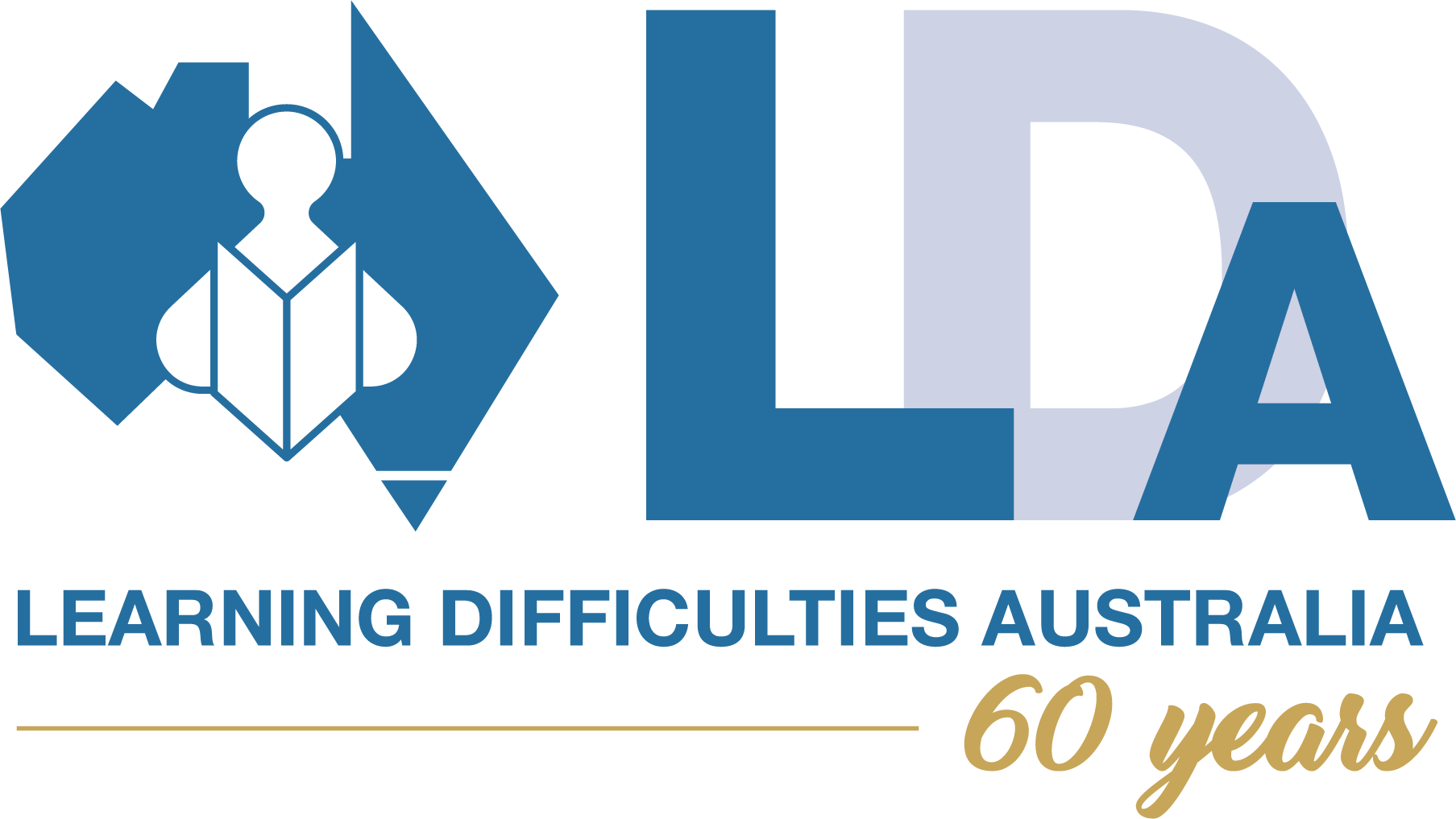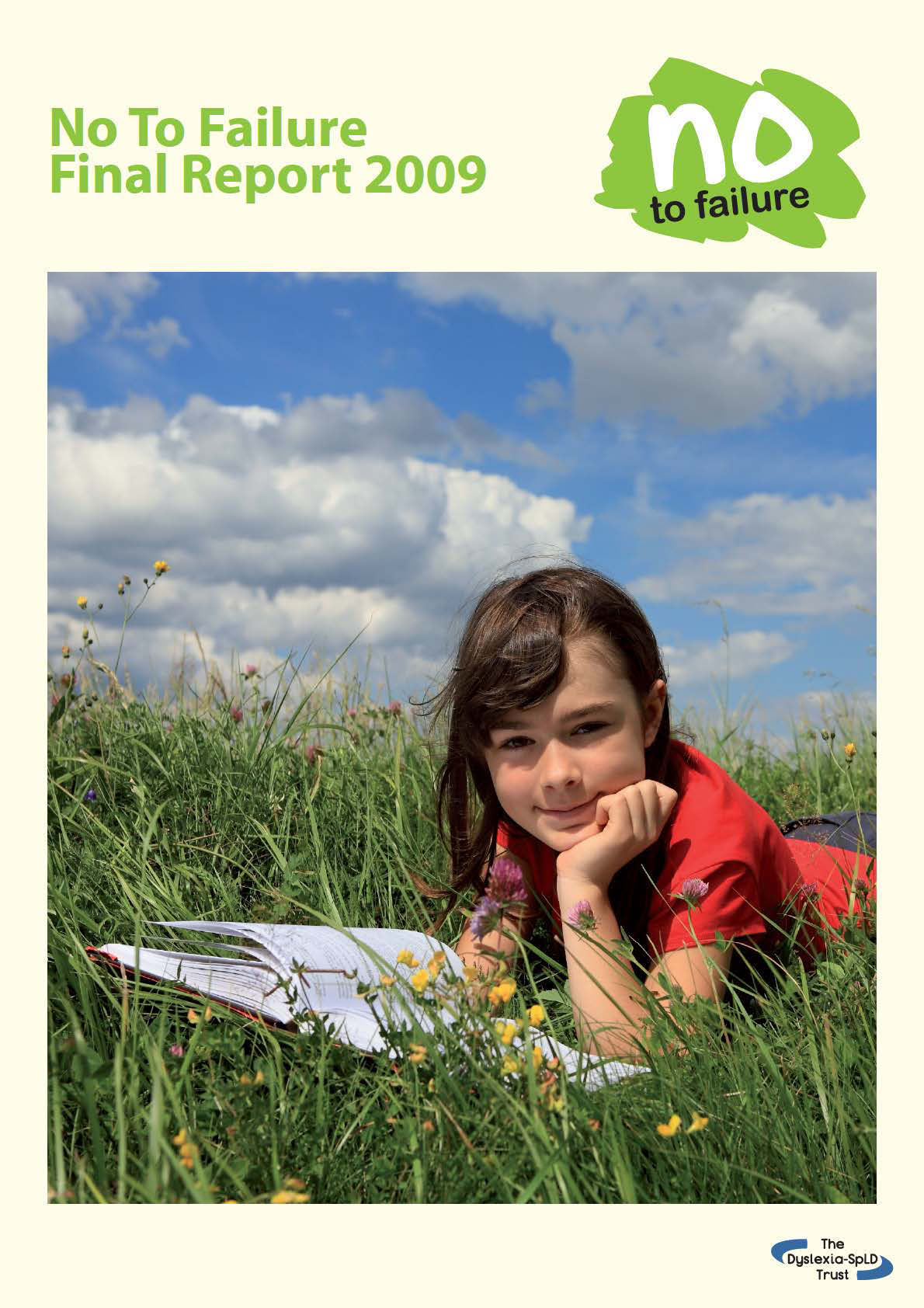The reading skills of 16% of children fall below the mean range for their age, and 5% of children...
The reading skills of 16% of children fall below the mean range for their age, and 5% of children have significant and severe reading problems. Phonics training is one of the most common reading treatments used with poor readers,...
The reading skills of 16% of children fall below the mean range for their age, and 5% of children have significant and severe reading problems. Phonics training is one of the most common reading treatments used with poor readers, particularly children. Objectives: To measure the effect of phonics training and explore the impact of various factors, such as training duration and training group size, that might moderate the effect of phonics training on literacy-related skills in English-speaking poor readers. Search methods: We searched CENTRAL, MEDLINE, Embase, 12 other databases, and three trials registers up to May 2018. We also searched reference lists of included studies and contacted experts in the field to identify additional studies.


